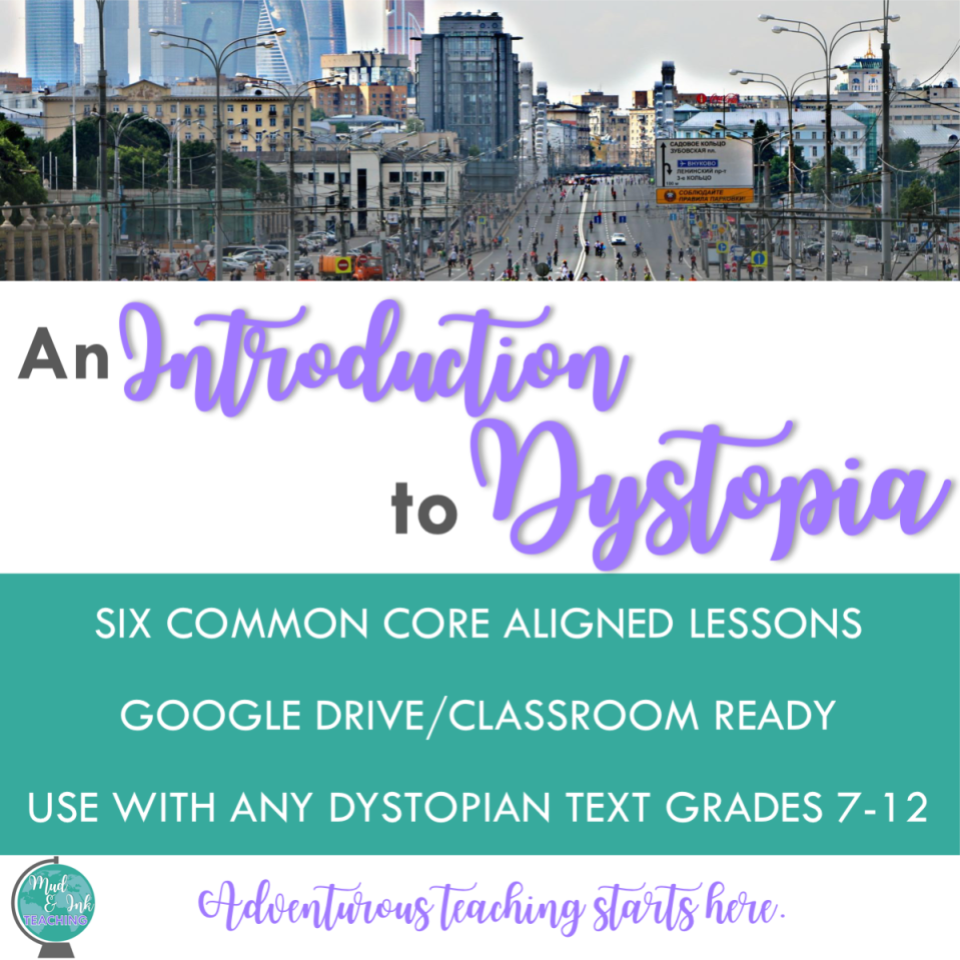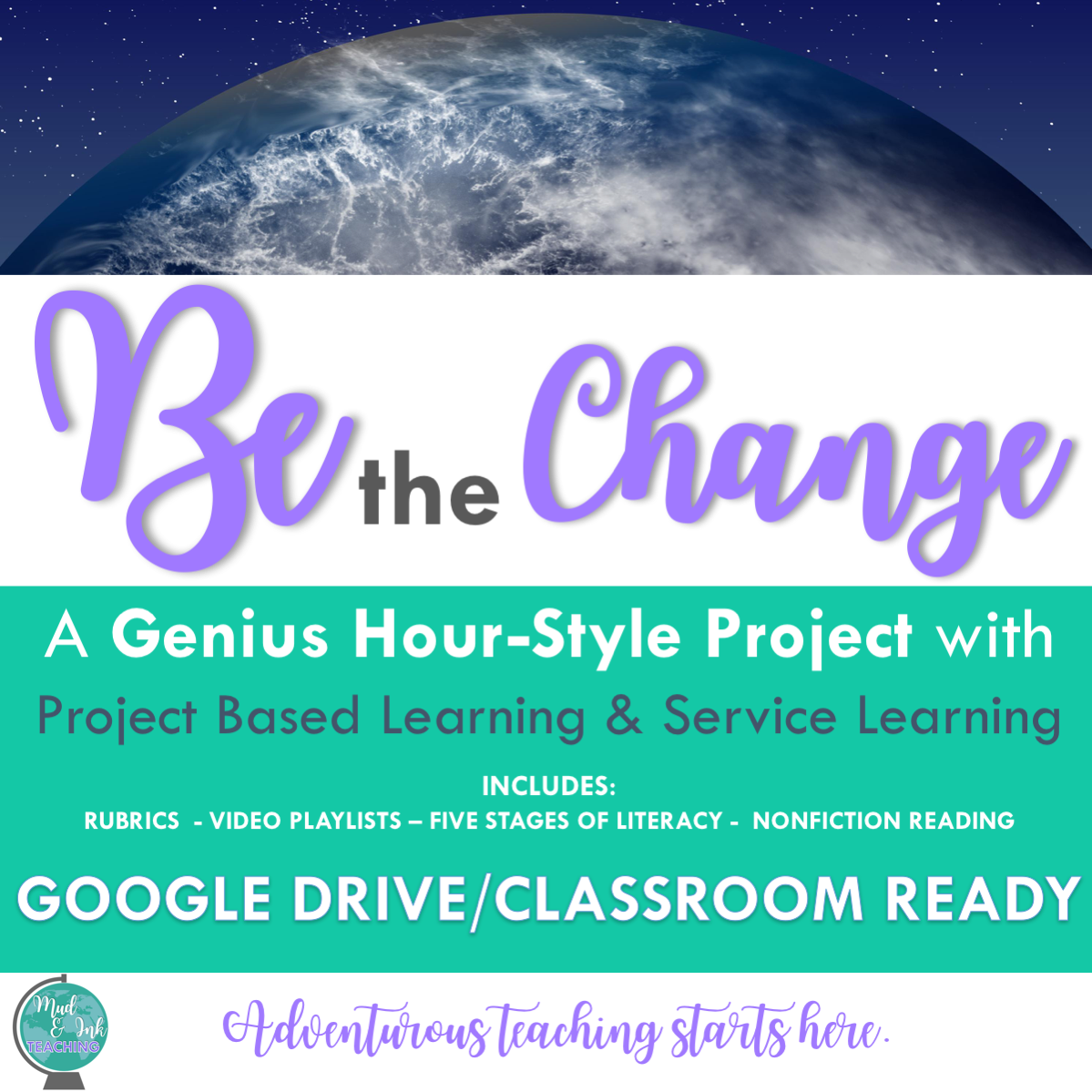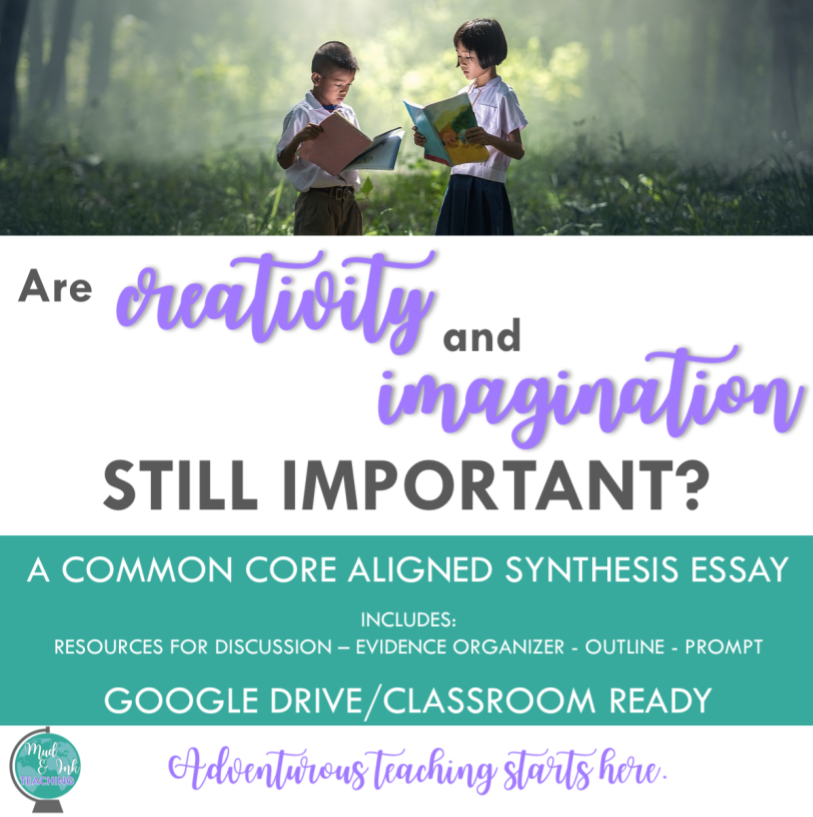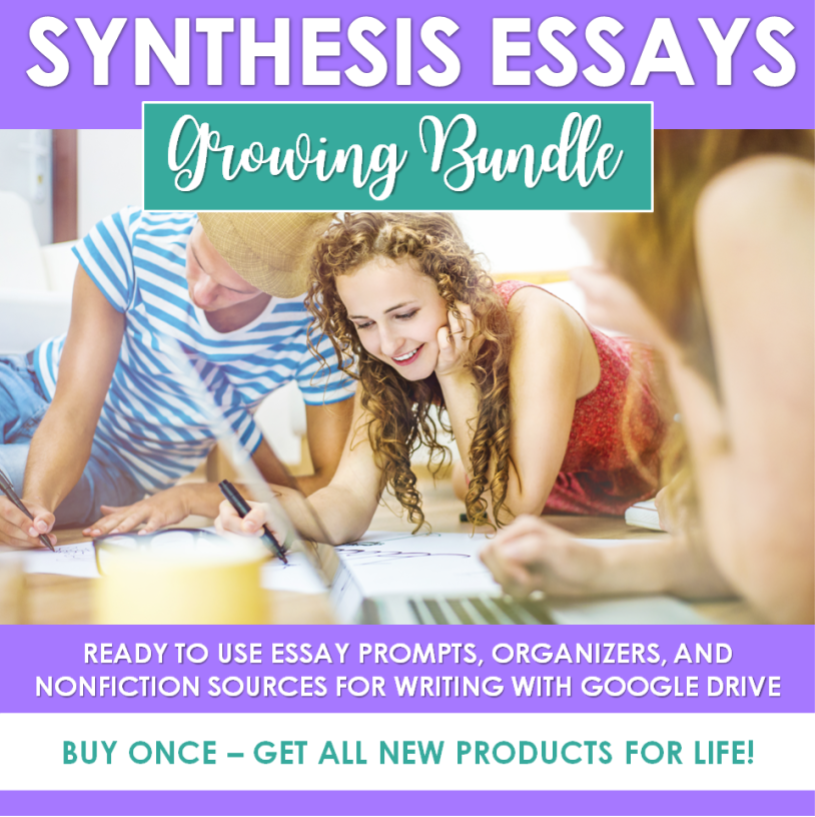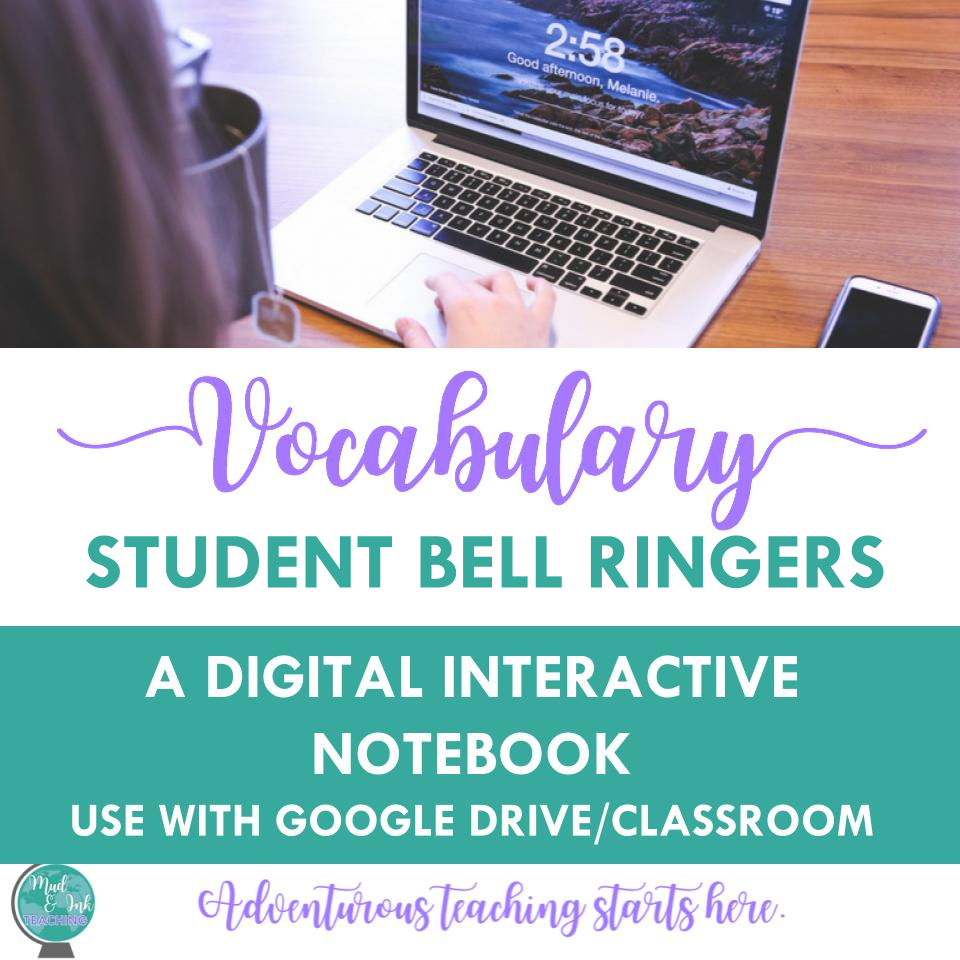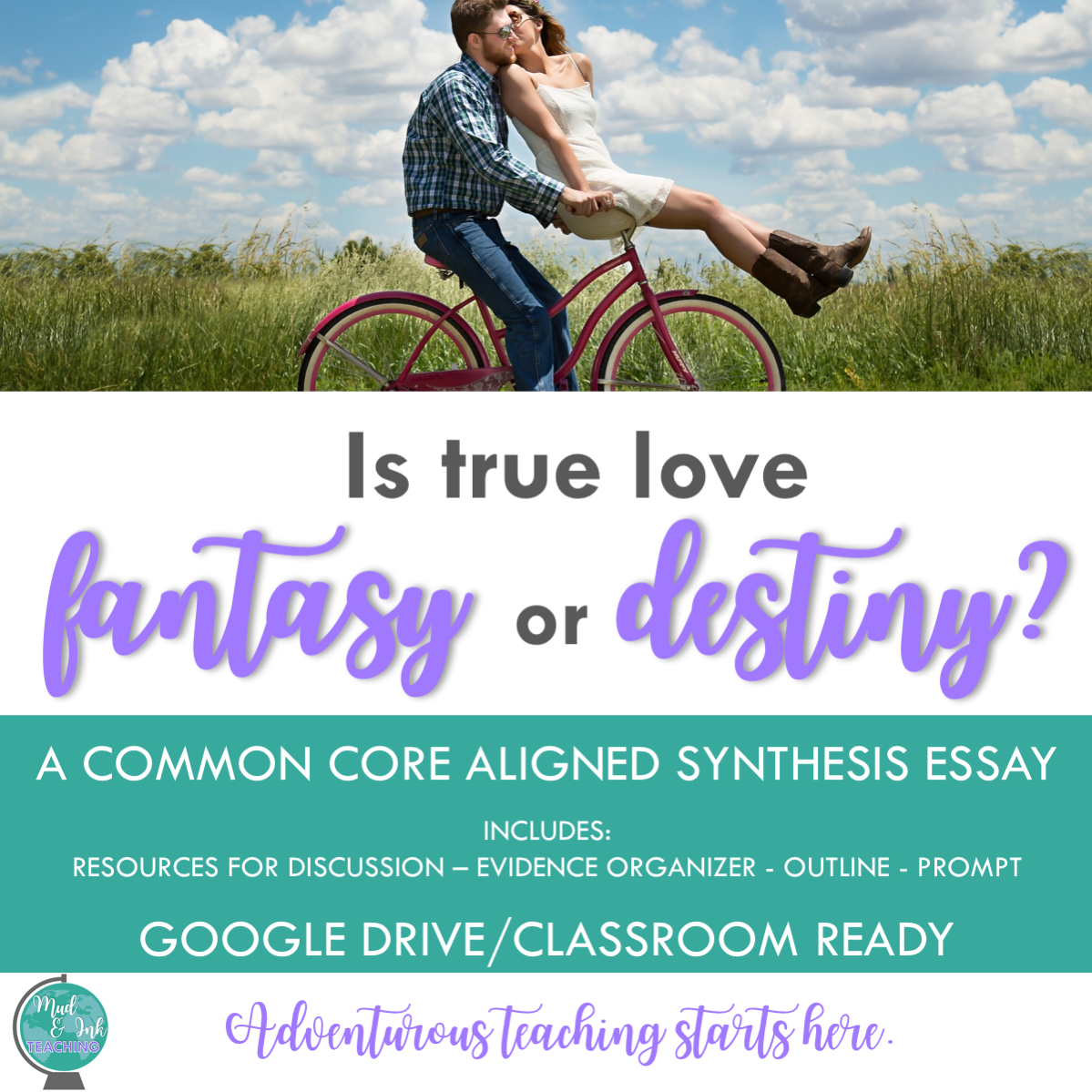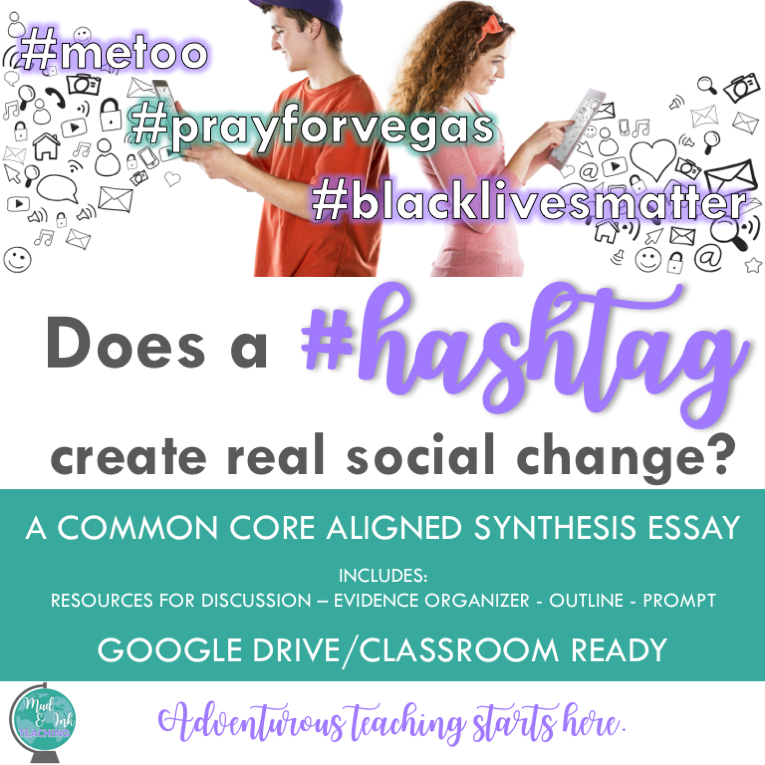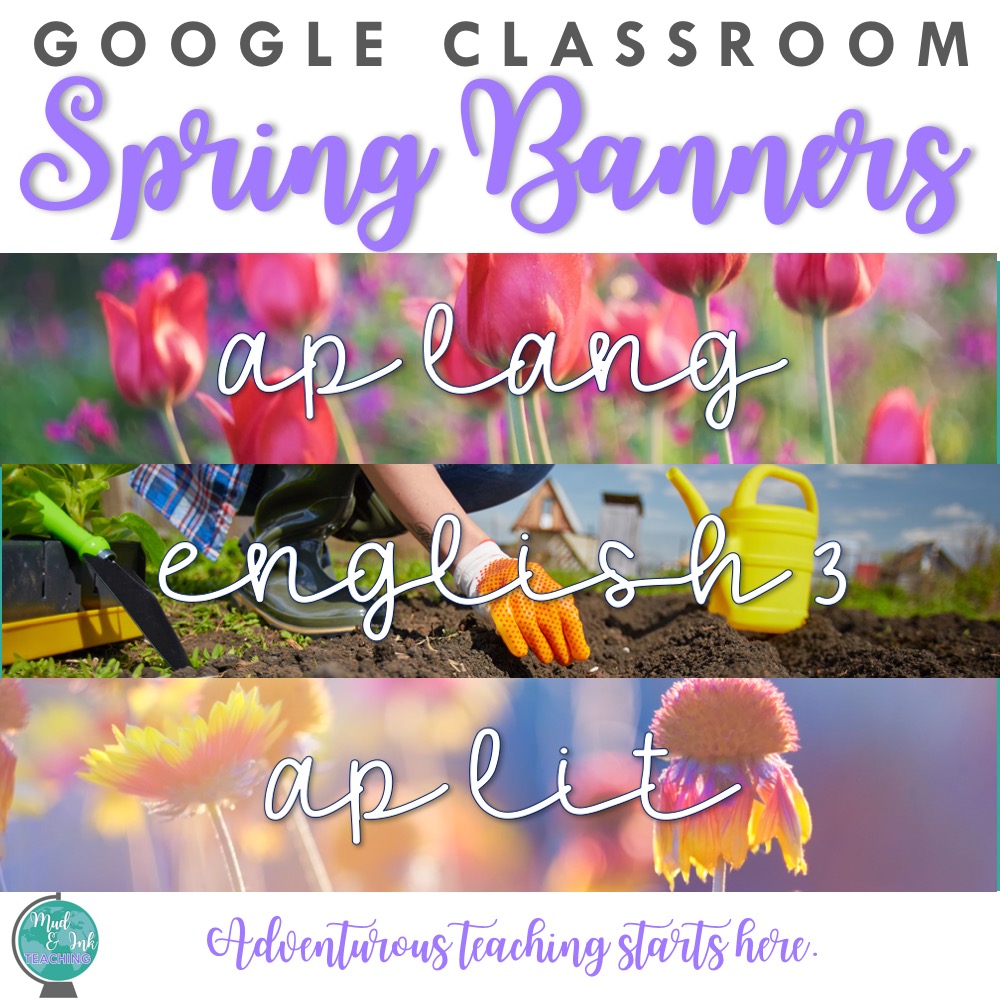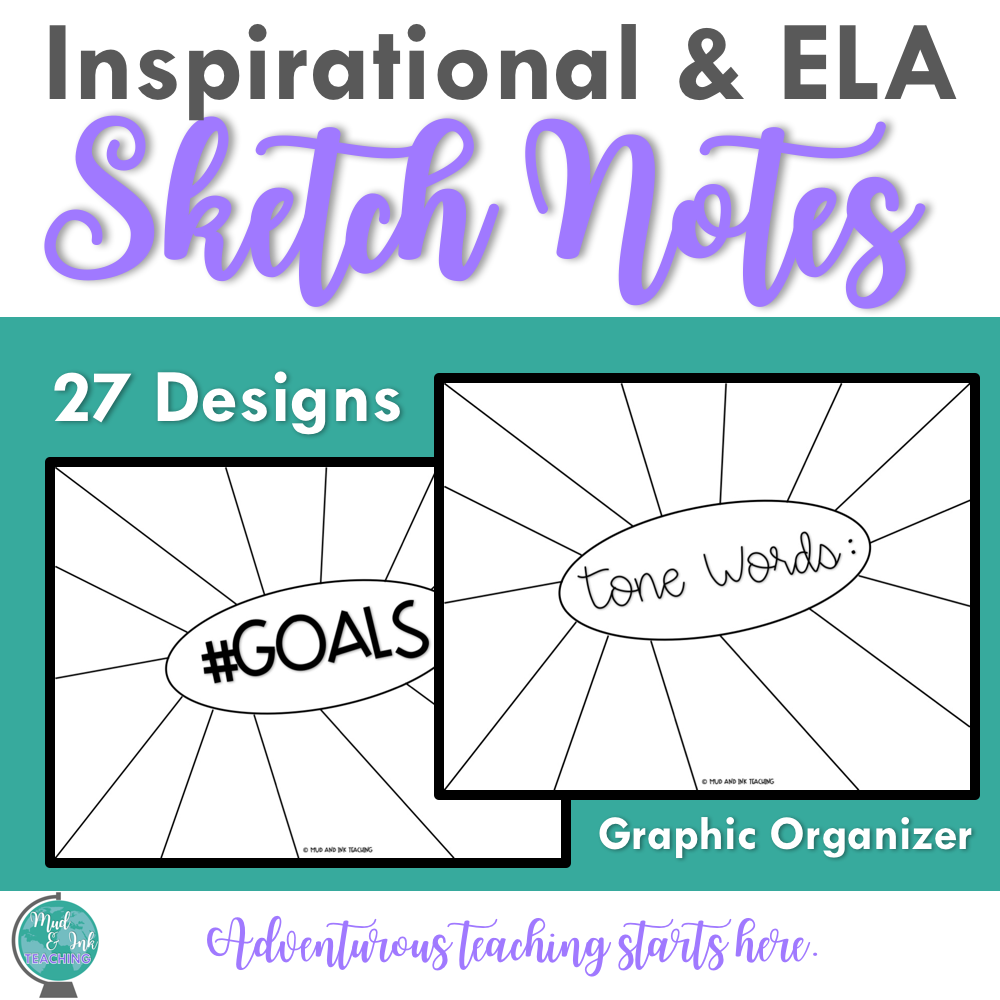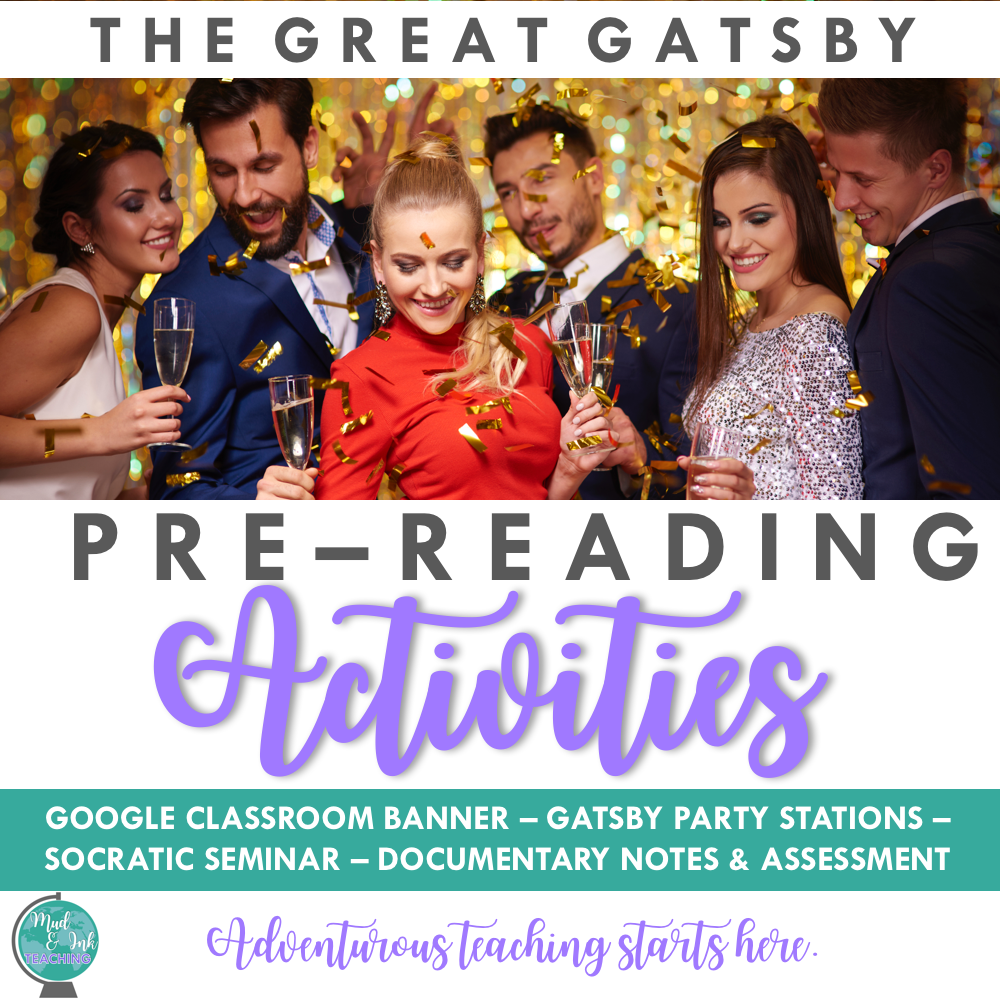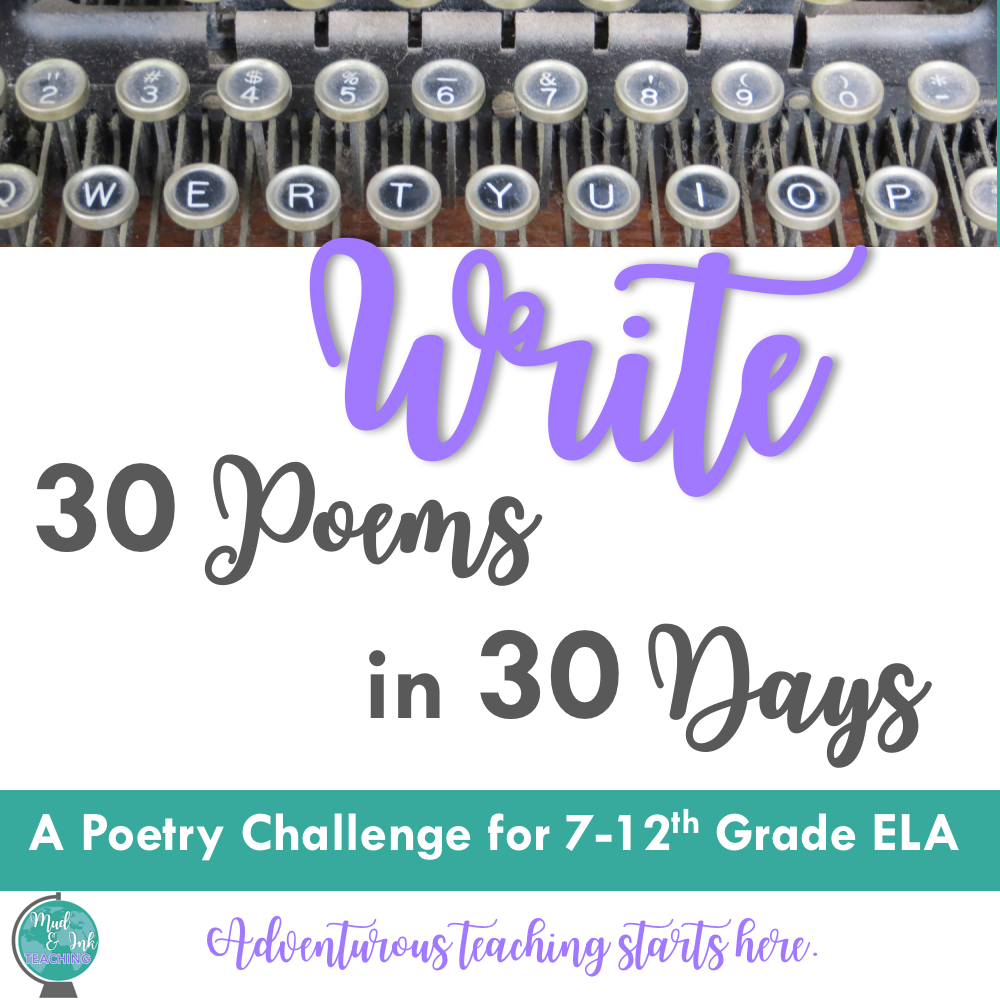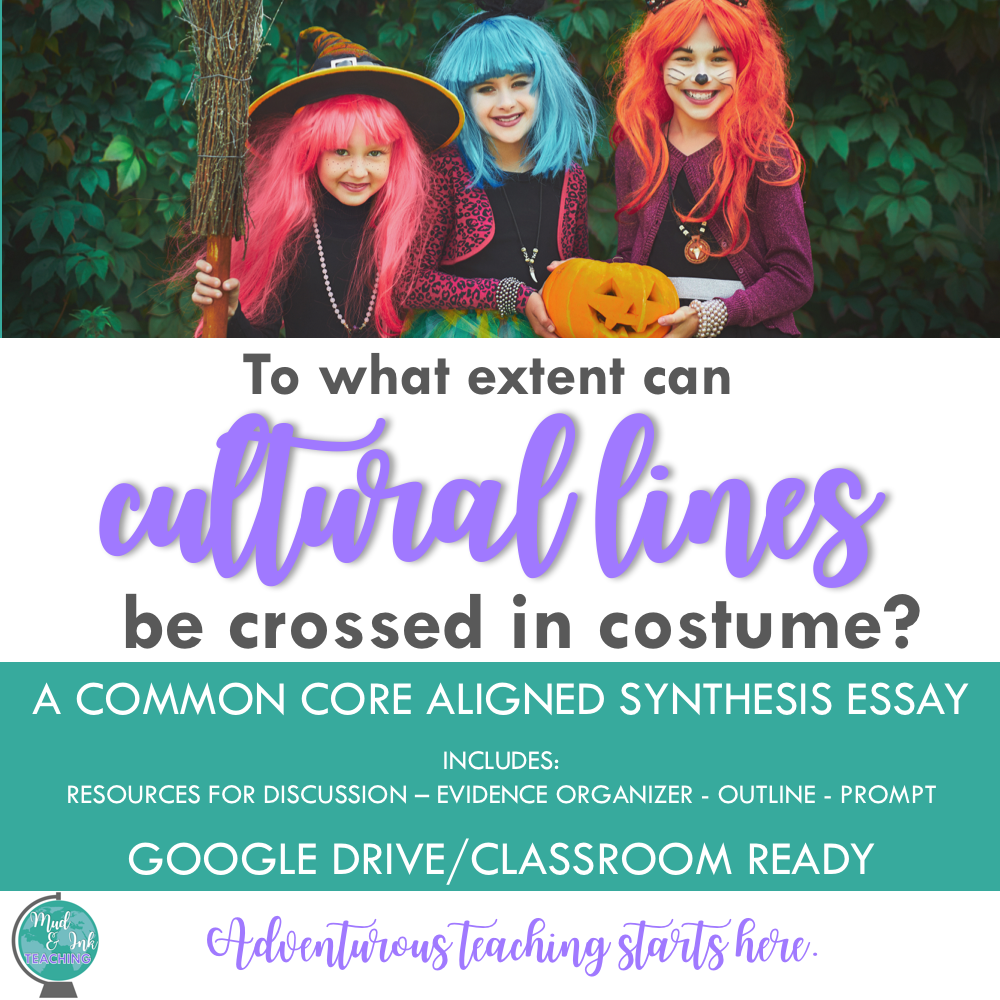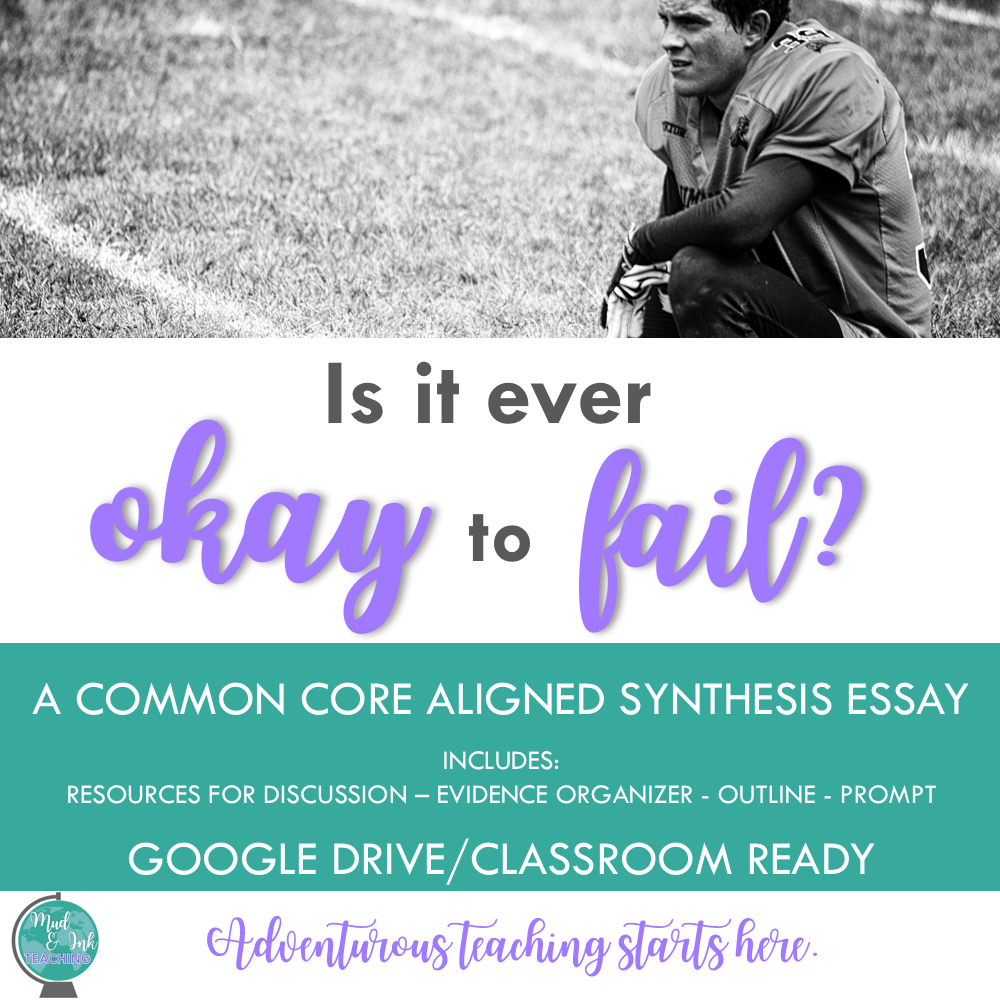The 7 Best Places to Find Supplemental Texts for ELA
Building Essential Question based units means that now, instead of wholly relying on a class novel to drive a unit, you can lean into a wider variety of texts without feeling like you are neglecting the class novel. If you’re new to Essential Question and inquiry-driven unit design, I have a blog post here and here that can help you get started, but if you’re here now, let’s go ahead and get started!
Where can I find supplemental texts?
This is probably one of the top questions I’m asked by teachers as they are trying to rebuild their units. Before you start searching, it’s important to do a little brain dump and keyword brainstorming before you hit the Google. When looking at your unit Essential Question, jot down a few initial ideas that answer these questions:
What are some historical events that could provide context for the EQ?
What are some current events that could provide context for the EQ?
What are some thematic key words that you are hoping to teach/reinforce during the unit?
Where do BIPOC stories and voices factor in to the unit?
What are some sub-questions or additional questions that stem from your EQ?
What are some genres that haven’t yet been covered in the year? (flash fiction, poetry, podcasts, visual journalism, etc.)
Once you have a general handle on what kinds of stories and materials you’re looking for, you’ll be better equipped to use various search engines effectively.
As you are searching, keep in mind that supplemental texts should be on the short side. We’re talking 15 min for a video (more or less), short stories around 3-5 pages, podcast episodes that can be taught, listened to, and reflected on in 1-2 class periods, and so on. If supplemental text become too cumbersome, it can be hard to keep kids engaged toward the end of the third day of looking at one New York Times article. Finally, don’t forget to keep your finds easily accessible on your year-long curriculum pacing guide.
Here are my go-to spots when I look for supplemental texts for my units.
TED
From TED Talks to TED Ed, there are so many thoughtful, yet brief discussions to pull from the library of TED. I especially love that TED talks all come with transcriptions, so sometimes, I have students READ the talk before watching it and we use it as a text to analyze for argument. Students can refer back to the text and pull evidence easily for socratic seminars, essays, etc. Some of my favorite TED Talks that I use or have used in the past include:
Why Domestic Violence Victims Don’t Leave
The Danger of the Single Story
My Son Was a Columbine Shooter
Great Big Story
Great Big Story is a place where you can find current events on both a local and international level. All of their content is video based — and the videos are vibrant, short, and highly engaging. The stories are neatly categorized and I love that as I watch a video, there are more related videos in the lineup ready for me to check out. I love this powerful feminist story about a young woman from SoCal who started a low-rider car club and this entire channel dedicated to “brave voices”.
3. Common Lit, NewsELA, and Actively Learn
These three sources all do a similar job of cataloging, leveling, and suggesting texts that correspond with novels and with thematic topics. Each requires a login/membership and some have paid options, but overall, you can find quality articles on any of these sites and almost always for free. Each platform fuctions a bit differently than the other, but overall all three sources are uniquely set up to support ELA teachers in the classroom.
4. Poets.org
My friends, if you haven’t read my Teaching Poetry ebook series yet, you need to get on it! In the book, I provide tons of ways to incorporate poetry into your everyday, year-long curriculum — don’t wait for an isolated poetry unit to teach some poems! I love using poets.org to search for poems that will thematically supplement my units. The search feature actually has a THEMES option, making it easy to find new voices (and some old ones!) to join the conversation in your unit. I have thirty other recommendations here if you want to save some time!
5. Longreads
Longreads has some of the most beautiful, modern online fiction pieces that I can find. I subscribe to their newsletter which helps me keep an eye on what’s new and what’s suggested from their editors. I like that each piece (some memoir, some nonfiction, some fiction) is clearly labeled at the top with a word count and estimated time for reading - talk about an English teacher’s dream! You’ll find complex, layered stories here that stretch your students.
6. This American Life
Every week, This American Life publishes a new audio story that takes an intimate look at American culture. Students can listen on the website (no need for a podcasting app unless they want to use it there) and there’s always a transcript! The stories here are beautifully and engagingly told and cover a huge variety of perspectives, authors, and lives. Check out a few of these to get a brief taste of the variety offered at This American Life:
We Are In the Future: Afrofuturism
7. The Slowdown
I listen to The Slow Down every morning while I’m getting ready. Each episode is only five minutes, and the host, Tracy Smith, shares extensive commentary and thoughtful context to each of the poems featured on the show. Tracy’s commentary always gives me ideas for lessons and I’ve even done lessons that have students listen to 4-5 episodes in a row and look at the threads across all episodes.













